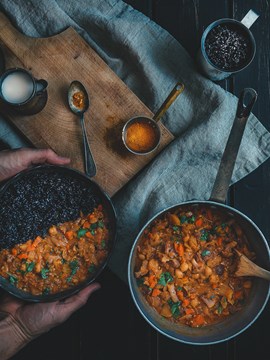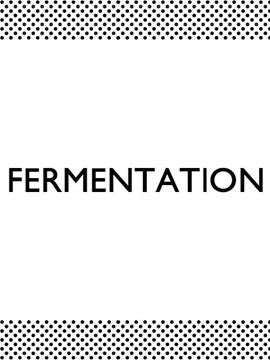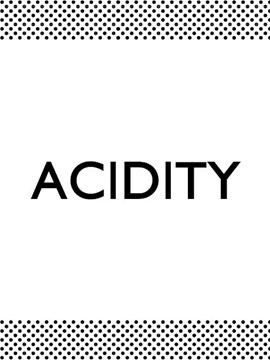Biodynamic winemaking is, in some senses, organic winemaking on steroids. It takes the organic winemaking process to the next level by focusing more intensely on the vineyard and the vineyard’s ecosystem as a ‘holistic organism’ and encouraging overall biodiversity in the animals, plants, and insects that call that organism home.
Based on the ideas of the 19th-century Austrian philosopher Rudolf Steiner, biodynamics revolves around the ‘biodynamic calendar,’ meaning farming takes place according to the lunar cycle and integrates the four elements: earth, fire, air, and water. In biodynamic farming, a ‘flower’ day means to leave the vineyard at peace, a ‘root’ day means it’s time for pruning, a ‘fruit’ day signifies an ideal time to harvest grapes, and a ‘leaf’ day means it’s time to water the plants.
In order for a wine to be considered biodynamic, it must also undergo nine different compost preparations — including burying cow horns stuffed with a mixture of manure and herbs, digging them up at a later date, making them into a ‘tea,’ and spreading that across the vineyard. Biodynamic winemaking eschews all added chemicals and process manipulations — and in addition to avoiding pesticides and additives, biodynamic producers use natural herbal sprays on their vines.
Winemakers often forego official biodynamic certification because it can be expensive, especially for smaller boutique producers. To be 100% sure a wine is biodynamic, speak directly with the vineyard or winery — or check that the bottle bears the seal of approval from BioGro, AsureQuality, Demeter, or Organic Farm NZ.




